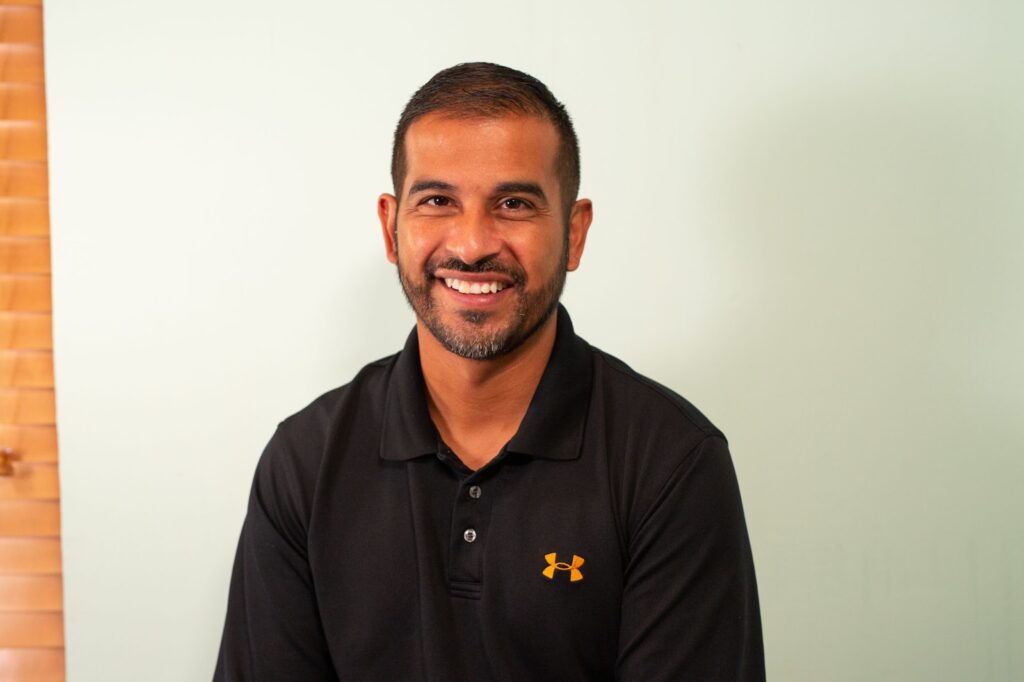Do you have a tooth in your mouth causing you pain? Is it sensitive to cold food, hot drinks, or even hot or cold air? You might need a root canal to resolve the issue. At Northeast Arkansas Center for Oral and Maxillofacial Surgery, we understand that root canals sound scary to most people. Over the years, root canals earned a bad reputation as being painful, horrible procedures. And while they might have been years and years ago, they’re no longer something to be feared! In 2019, a study revealed that more people fear root canals than public speaking or getting stuck in an elevator! To help combat the root canal’s negative reputation, we want to tell you how a root canal can help with dental pain!
What Is A Root Canal?
A root canal is a dental procedure to repair a severely infected tooth.
Why Would Someone Need A Root Canal?
A root canal is performed when the tooth pulp becomes infected.
Pulp is found in the center of the tooth and contains nerves, blood vessels, specialized cells, and connective tissue, all serving a vital function to keep the tooth alive. Critical pulp functions include:
- Fighting off bacteria
- Monitors temperature and pressure changes and produces discomfort to let you know when something is wrong
- Makes dentin
- Makes proteins to keep the dentin layer healthy
- Keeps tooth strong and healthy by keeping it moisturized
Dentin and enamel, the two outer layers of your tooth, protect the pulp. When those layers are weakened or eroded, the pulp because vulnerable to infection.
The most common cause of pulp infection is tooth decay. When your tooth is exposed to bacteria and plaque for long periods, its enamel and dentin are eaten away. Other common causes include bruxism, aging, and injury. No matter the reason, once the protective layers are gone, your tooth’s pulp is open to bacteria attacks, infecting the pulp.
How Is The Procedure Done?
Fortunately, thanks to modern technology and local anesthetics, receiving a root canal is less painful than living with a dying tooth!
A root canal usually takes one to two visits, but we promise it’s worth the trip. After one of our doctors reviews your X-rays, you will receive local anesthesia to minimize your sensitivity and calm your nerves. Once the anesthesia kicks in, Dr. McDonough or Dr. Phillips will place a dental sheet around the area to isolate the infected tooth and protect it from saliva. Next, they will carefully empty the pulp chamber and remove decay from the root canal before cleaning the area. After, our doctor might reshape the canal and pulp chamber to make space for a filling. Then the permanent filling will be installed.
That’s it! That doesn’t sound nearly as bad as you probably imagined, right? You will hardly feel anything and be so glad you did it afterward.
How Does A Root Canal Help You?
Though many people put off root canals, we don’t recommend doing so! Unfortunately, the infection is not limited to just one tooth! It can spread to other parts of your mouth and jaw, resulting in more pain, bone loss, and tooth loss.
If left untreated long enough, you will wish you had gotten the root canal! Without professional care, this pulp toothache can lead to life-threatening conditions like:
- Oral sepsis — the immune system responding incorrectly
- meningitis — swelling of membranes on the spinal cord and brain
- Brain abscesses — swelling in the brain caused by an accumulation of pus
- Purulent sinusitis — causes retention of secretions, negative sinus pressure, and reduction of oxygen partial pressure
- Orbital cellulitis — infection of the muscles and fat around the eye
- Cavernous sinus thrombosis — a brain blood clot
The root canal will help maintain your tooth’s well-being and your overall physical health. It will also help relieve the pain of the toothache and make your daily life comfortable.
What To Expect The Day Of.
After the procedure, you could be prescribed antibiotics by one of our doctors to prevent new or treat current infections that don’t need a root canal.
Most patients can drive themselves to root canals because the local anesthetic wears off quickly. However, some patients require anxiety medication or a sedative, either taken before the appointment or administered in the office. If that’s the case, you must arrange a ride to and from the office because you will be unfit to drive!

Eliminate Tooth Pain With Northeast Arkansas Center for Oral and Maxillofacial Surgery!
We are passionate about keeping the Jonesboro, Arkansas, community healthy and smiling! Our team is aware that many people might find what we do intimidating or anxiety-inducing; that’s why we pride ourselves on creating a welcoming, educational environment where patients of all ages can feel safe and comfortable.
If you think you need an oral healthcare procedure or your dentist already told you that you do, schedule an appointment with Northeast Arkansas Center for Oral and Maxillofacial Surgery! We’ll help you return your smile to excellence.
